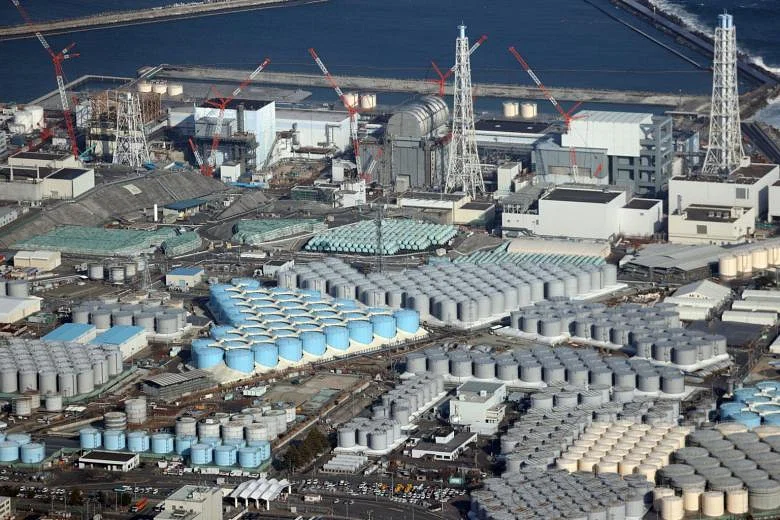On behalf of Ocean Vision Legal (OVL) and the civil society groups, movements and alliances from the Pacific, Asia and the United States, we are concerned about the imminent risk of severe Human Rights violations caused by the disposal of nuclear-contaminated wastewater from the Fukushima Daiichi Nuclear Power Station (NPS) into the Pacific Ocean by the Government of Japan and the Tokyo Electric Power Company (TEPCO).
We call for urgent intervention by the United Nations Human Rights Council and the respective Special Rapporteurs to prevent severe and irreversible Human Rights violations for the following reasons:
●the dumping of the nuclear-contaminated wastewater into the Pacific Ocean is planned to take place in August 2023 and is an imminent threat;
●there are new factual developments since the last communication in 2021; and
● the dumping violates hitherto unrebuked Human Rights, including but not limited to the Right of Future Generations, as a special expression of the Human Right to a Healthy Environment.
The Ocean dumping of nuclear-contaminated wastewater into the Pacific Ocean is an imminent threat, and the only way to prevent Japan from conducting severe and irreversible Human Rights violations is for the UN Human Rights Council to call for an immediate pause on the dump until all effects have been assessed and less harmful alternatives exhausted.
While not excluding the violation of any other Human Rights, we remain concerned that the following Human Rights violations, caused by the discharge of contaminated water into the Pacific Ocean by Japan:
●Right to a Clean, Healthy and Sustainable Environment;
●Right to Access Information and Public Participation, including in Environmental Matters;
●Rights to Information, Consultation and Free, Prior Informed Consent and Indigenous People;
●Right of Future Generations;
●Right of the Child;
●Right of Every Individual to Life; Right to the Enjoyment of the Highest Attainable Standard of Physical and Mental Health;
● Right to an Adequate Standard of Living;
●Right to Culture;
●Right to Work and Workers’ Rights; and
●Right to Development.
We see further breaches by Japan’s plans, as it directly violates international protocols and instruments protecting marine biodiversity, including the Kunming-Montreal Global Biodiversity Framework, the UN Convention for the Law of the Sea, and the recently agreed UN Convention on the Law of the Sea on the Conservation and Sustainable use of Marine Biological Diversity of Areas Beyond National Jurisdiction. Here in the Pacific, the dumping will contravene the Rarotonga Treaty.
The negative impacts of oceanic degradation in all its forms are particularly acute for the (marine) Environment, Future Generations and Children, Indigenous Peoples, subsistence fishers and persons living in Small Island Developing States. It is at the core of Human Rights to ensure that the rights of people come before economic interests and that this paradigm is respected by States.
We urge the UN Human Rights Council and the respective Special Rapporteurs:
● to initiate a new Communication to Japan and, in light of the imminent threat of a discharge planned for this month, release a public Statement and give a voice to the large number of individuals that fear their Human Rights to be violated in a severe and irreversible manner by the imminent discharge.
● to ask Japan to not proceed with the discharge of the nuclear-contaminated wastewater from the Fukushima Daiichi NPS into the Pacific Ocean, until all other alternatives, especially low-contact concrete with ALPS-treated water, are exhausted and until such a time as adequate safeguards, including sufficient scientific knowledge, exist to ensure such activities can be carried out in in a way that respects, protects and fulfils Human Rights, including the human right to a Healthy Environment, Future Generations and Children.
SOURCE: PANG/OCEAN VISION/PACNEWS














